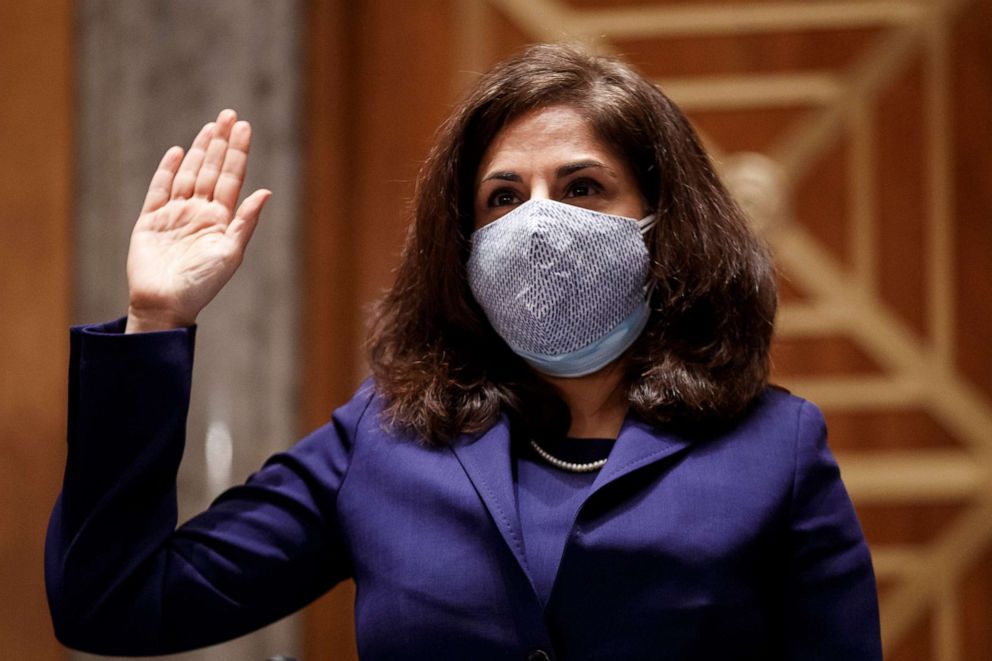The impeachment trial for former President Donald Trump is set to begin Tuesday, after the Senate reconvenes at 1 p.m. and conducts its morning business.
The House impeachment managers will gather at 12:55 p.m. and once they process into the Senate chamber, the trial will begin with procedural housekeeping, including approval of the resolutions that choreograph the trial. There will then be four hours of arguments and then a vote over the constitutionality of the trial.
On Wednesday, the House impeachment managers must file all motions, except those related to witnesses by 9 a.m., and Trump's legal team must to respond to the House managers' motions by 11 a.m. The trial will resume at noon, with arguments and a vote for any motions made by either side. After that, opening arguments begin and the House impeachment managers have up to 16 hours over two days, though both sides are limited to eight hours of arguments each day.
On Thursday, the House impeachment managers will continue and finish oral arguments with the proceedings beginning at noon. Trump's legal team begin their opening arguments on Friday. The trial resume at noon, but they will be finished by 5 p.m. in observance of the Sabbath.
The trial will continue at 2 p.m. Sunday and Trump's legal team is expected to finish their arguments. After that, senators may ask questions in writing, though they cannot exceed four hours of questions in one day.
2nd Impeachment Trial: What this could mean for Trump
Donald Trump will be the first president to undergo an impeachment trial after leaving office, but opponents of the impeachment say a trial may be unconstitutional.
The trial picks back up at noon on Monday -- finishing any business from Sunday. There will then be two hours of debate and a vote on whether to call witnesses. If the Senate calls witnesses, they will take depositions. The House impeachment managers and Trump's legal team are then permitted to make a motion to admit evidence, provided that the other side has been given at least 48 hours' notice. After that, there will be one hour of arguments evenly divided between the sides and then a vote on the motion to include evidence.
The trial will end with four hours of closing arguments, evenly divided between the sides. The Senate will then vote on conviction. Two-thirds of the senators must be present and voting for a conviction.
-ABC News' Trish Turner






